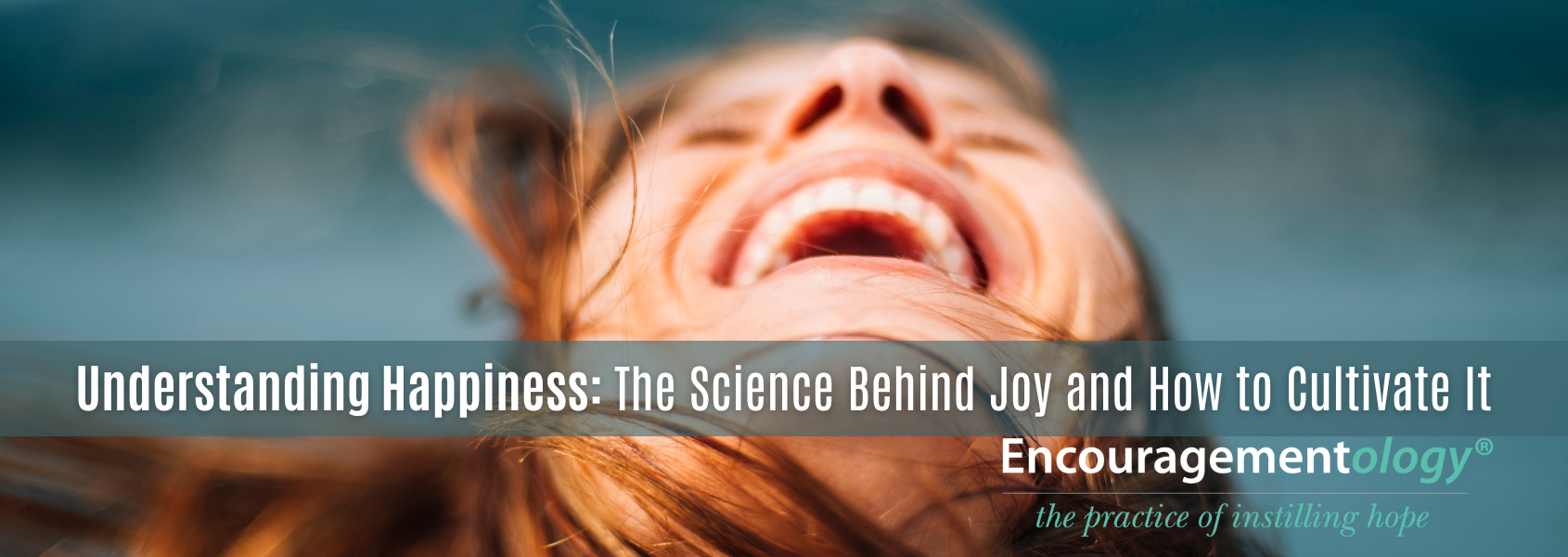SHOW NOTES:
On this show…we are exploring the science behind joy and how to cultivate it as we strive to understand happiness. You might have figured out by now that it isn’t always as easy as turning that frown upside down and faking it until you make it, can involve a lot of lying and manipulation, leading to dishonesty with yourself. Finding happiness isn’t just about feeling good—it’s about living a fulfilling life. Understanding what truly makes us happy helps us navigate the ups and downs, making every day a bit brighter. By exploring the science of happiness, we can learn practical ways to cultivate joy and contentment in our lives. It’s not about chasing some perfect, blissful state; it’s about finding what really matters to us and making space for it. And when we do that, not only do we feel better, but we also become better equipped to handle whatever life throws our way. So let’s dive into what happiness really means and how we can all bring a little more of it into our lives!
By now you’ve figured out, I’m a pretty positive person. But it’s a choice and not something that has always come easily. I’ve had my share of strife, complex challenges, and downright trauma but I chose not to live there. You’re right, that’s not as easy as it sounds either. To overcome and move on, I had to come face to face with any and all challenges, take personal responsibility, offer myself forgiveness, and decide to let it go in order to move on. Now that’s a journey but the learning is important and the freedom it provides, is priceless. That doesn’t mean that I don’t get down or have off days. A good 24 hour pity party can be as detoxing as a super cleanse but I don’t stay there. A therapist once said it’s ok to invite sadness in, even to let it stay awhile, but then you have to be willing to ask it to leave.
It’s hard to recognize or be grateful for happiness without a bit of suffering so we will have to cover both sides of the coin.
Joy, like other emotions, is a complex interplay of neurological, psychological, and social factors. Here’s a breakdown of the science:
- Neurology of Joy
- Dopamine Release: Joy is closely linked to the release of dopamine, a neurotransmitter that plays a significant role in our reward system. When we experience something pleasurable or rewarding, dopamine is released, making us feel good.
- Endorphins: These are the body’s natural painkillers and stress relievers. They are released during activities like exercise, laughter, or even eating certain foods, contributing to feelings of joy.
- Oxytocin: Often called the “love hormone,” oxytocin is released during social bonding activities like hugging, spending time with loved ones, or acts of kindness. It enhances feelings of connection and joy.
- Psychological Factors
- Positive Psychology: This field of psychology studies what makes life worth living. Researchers have identified key components of joy, such as gratitude, mindfulness, and optimism. Practicing these can increase our overall sense of well-being and joy.
- Flow State: Joy often arises when we’re fully engaged in an activity we enjoy, losing track of time and self-consciousness. This state, known as “flow,” is associated with deep satisfaction and happiness.
- Social and Environmental Influences
- Social Connections: Strong, positive relationships are one of the most consistent predictors of happiness. Sharing joyful moments with others amplifies our experience of joy.
- Environment: Our surroundings also play a role. Being in nature, experiencing beauty, or even living in a supportive community can boost our sense of joy.
- Evolutionary Perspective
- From an evolutionary standpoint, joy has played a critical role in human survival. Positive emotions like joy help us build social bonds, find meaning in life, and motivate us to pursue goals and engage in activities that ensure our survival and well-being.
- Cultivating Joy
- Gratitude Practice: Regularly reflecting on what you’re thankful for can increase feelings of joy.
- Mindfulness: Being present in the moment allows us to fully experience and appreciate joyful moments.
- Acts of Kindness: Doing something kind for others often leads to a “helper’s high,” a burst of joy from knowing you’ve made a positive impact.
The science behind joy reveals that it’s not just a fleeting emotion but a powerful, essential part of our well-being. By understanding and intentionally cultivating joy, we can enhance our lives and the lives of those around us.
CHALLENGE: Take charge of your happiness by letting go of what no longer serves you and embracing the power of the present. Challenge yourself to rewrite your story, one filled with joy, resilience, and the belief that you deserve a life of fulfillment.
I Know YOU Can Do It!

